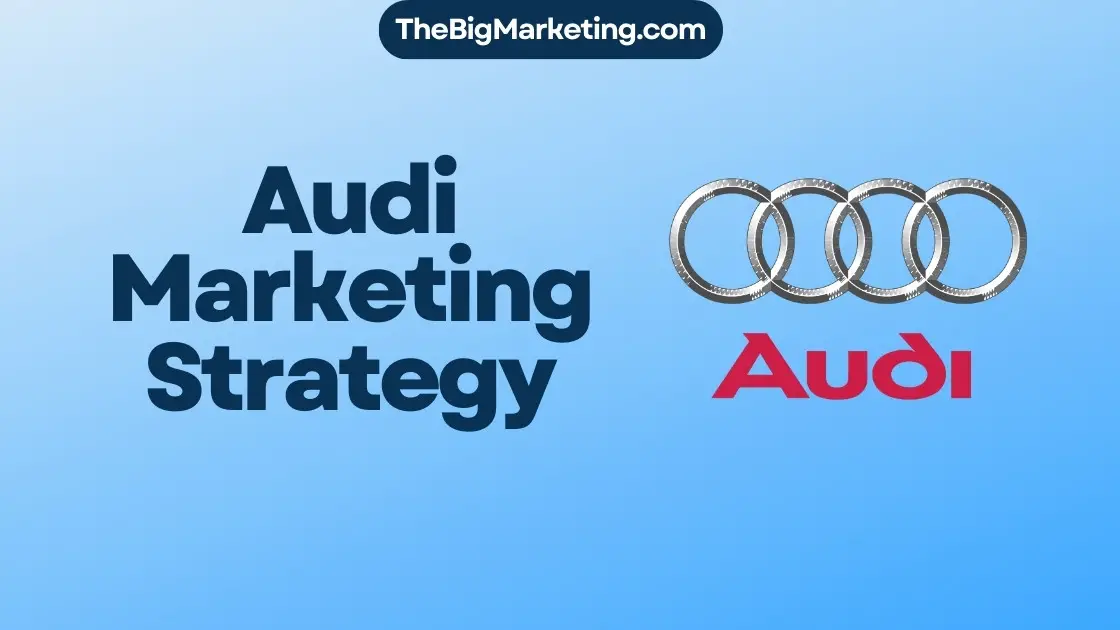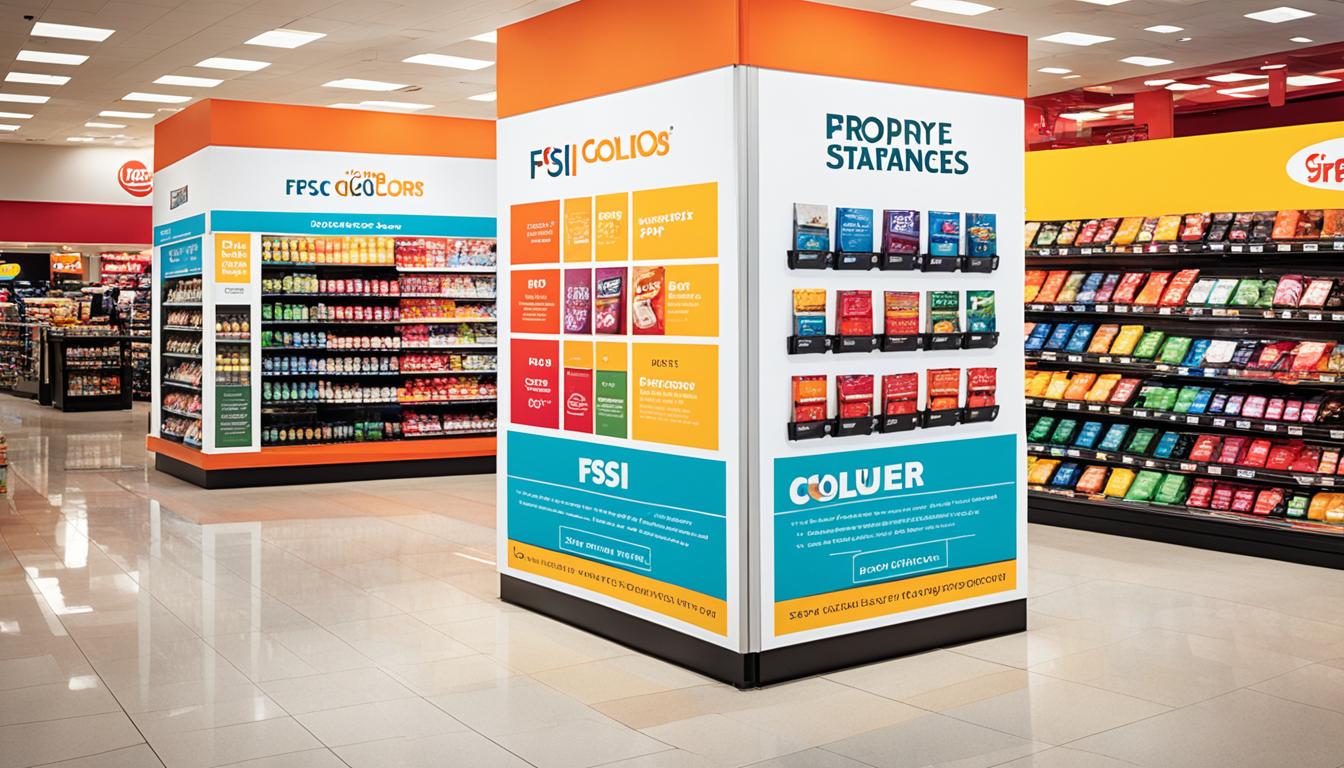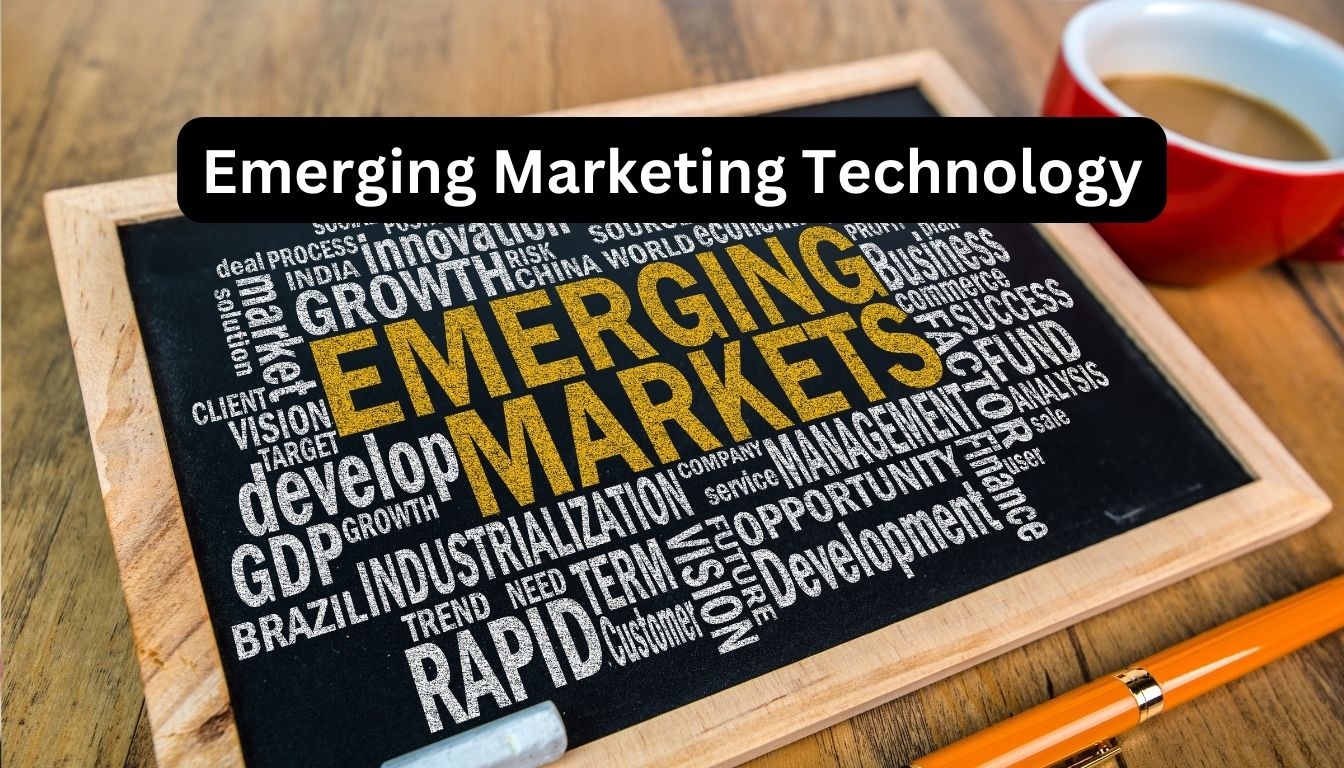Volkswagen Group, a leading player in the global automotive market with a market share of around 8%, has established itself as a powerhouse in the industry. With a sales revenue of €250.2 billion and operations in 153 countries, Volkswagen’s reach and influence are vast. This German automaker has consistently demonstrated its commitment to innovation, sustainability, and customer satisfaction.
Volkswagen’s marketing strategy for 2024 is designed to build upon its past successes and ensure a bright future in the ever-evolving automotive landscape. By harnessing the power of digitization and leveraging its brand equity, Volkswagen is well-positioned to maintain its competitive edge and drive forward in the market.
Key Takeaways:
- Volkswagen Group is a global automotive leader with a strong market presence.
- The company’s marketing strategy focuses on digitization and brand equity.
- Volkswagen is committed to innovation, sustainability, and customer satisfaction.
- By leveraging its strengths, Volkswagen aims to maintain its competitive edge in the market.
- The company’s marketing strategy is aligned with its goal of a bright and successful future.
Rebuilding the Volkswagen Brand Image After World War II
After World War II, Volkswagen faced the daunting task of rebuilding its brand image from scratch due to its unfortunate affiliation with the Nazis. To address this challenge, the company adopted a socially responsible approach, recognizing the need to acknowledge and remember its dark history. Volkswagen took significant steps to distance itself from its past and align its brand image with values of tolerance and peace.
As part of its brand rebuilding strategy, Volkswagen opened a museum called “The Place of Remembrance.” Through this museum, the company aimed to educate visitors about its wartime crimes and create awareness about the steps taken to prevent such atrocities from happening again. By acknowledging the past, Volkswagen signaled its commitment to transparency, accountability, and a genuine desire to learn from history.
The museum served as a powerful symbol of Volkswagen’s determination to leave behind its tarnished reputation and establish a brand image synonymous with integrity and responsibility. This initiative represented not only a transformative step for the company but also an opportunity to redefine its brand positioning.
Volkswagen’s efforts to rebuild its brand image after World War II were successful in reshaping the public perception of the company. Through its commitment to transparency, education, and social responsibility, Volkswagen managed to distance itself from its dark past and position its brand as one grounded in moral values.
Key Takeaways:
- Volkswagen faced the challenge of rebuilding its brand image after World War II due to its affiliation with the Nazis.
- The company took a socially responsible approach by acknowledging its dark history and opening a museum called “The Place of Remembrance.”
- Volkswagen’s brand rebuilding strategy focused on transparency, accountability, and educating the public about its wartime crimes.
- By distancing itself from its past and aligning with values of tolerance and peace, Volkswagen successfully reshaped its brand image.
Volkswagen’s Strategy of International Expansion and Acquisitions
Volkswagen, a prominent player in the global automotive market, has employed a strategic approach to expand its presence and increase market share. Through a series of acquisitions and international expansion, Volkswagen has successfully climbed to the seventh position in the Fortune Global 500 List.
One of the key tactics employed by Volkswagen to achieve this growth is the acquisition of renowned brands such as Audi and Škoda. These acquisitions have not only expanded Volkswagen’s portfolio but also strengthened its market position.
The acquisition strategy initially began with cooperation agreements, allowing Volkswagen to leverage the strengths and expertise of these brands. Over time, Volkswagen increased its ownership stake and eventually acquired full ownership, enabling the company to exercise control over the brands’ operations.
This strategic move has allowed Volkswagen to tap into new markets and diversify its product offerings. By integrating these brands into its portfolio, Volkswagen has been able to cater to different customer segments and enhance its competitiveness in the industry.
Furthermore, Volkswagen’s international expansion has played a significant role in its market success. Operating in 153 countries, the company has established a strong global presence, enabling it to capitalize on opportunities in various markets.
| Benefits of Volkswagen’s Market Expansion Tactics | Impact on Market Share |
|---|---|
| Access to new markets and customer segments | Increased market share |
| Diversification of product offerings | Enhanced competitiveness |
| Brand synergy and leveraging expertise | Improved brand image |
| Opportunities for cost synergies and economies of scale | Profitability gains |
By leveraging its international presence and diverse portfolio, Volkswagen has been able to compete effectively in the automotive industry. These strategic initiatives have solidified Volkswagen’s position as a key player and set the stage for continued growth and success.
Streamlining Volkswagen’s Business Operations
Volkswagen has implemented a performance program called “Accelerate Forward/ Road to 6.5” to optimize costs and improve overall performance. The program focuses on streamlining the company’s business operations through various strategic measures. By implementing these initiatives, Volkswagen aims to enhance efficiency, reduce expenses, and drive sustainable growth.
Reducing Development Times
As part of the performance program, Volkswagen is prioritizing the reduction of development times. By streamlining the product development process, the company aims to bring new vehicles to market faster and more efficiently. This approach enables Volkswagen to respond swiftly to changing customer demands and market trends.
Optimizing Procurement Services
Volkswagen recognizes the importance of optimizing procurement services to achieve cost optimization goals. The company works closely with suppliers to identify opportunities for greater efficiency and cost savings. By implementing strategic procurement practices, Volkswagen aims to strengthen its supply chain and secure favorable terms and pricing.
Enhancing After-Sales Business
An integral part of Volkswagen’s business operations is the after-sales service. The company aims to enhance its after-sales business by providing exceptional customer service, efficient maintenance, and timely spare parts availability. This approach not only contributes to customer satisfaction but also ensures long-term customer loyalty and generates additional revenue streams.
In addition to these measures, Volkswagen also incorporates social responsibility into its performance program. The company offers partial retirement options and selective termination agreements to reduce personnel costs while maintaining job security. By balancing cost optimization with responsible workforce management, Volkswagen demonstrates its commitment to both financial success and social sustainability.
Volkswagen’s Focus on Future Technologies and Vehicle Architectures
Volkswagen is committed to leading the automotive industry through its focus on future technologies and innovative vehicle architectures. To consolidate and streamline its development activities in these areas, the company has gathered them under Technical Development. This strategic move enables Volkswagen to leverage its resources efficiently and accelerate the introduction of cutting-edge automotive solutions.
The MEB and SSP Platforms for Electric Vehicles
As part of its commitment to sustainable mobility, Volkswagen is dedicated to advancing electric vehicle (EV) technology. The company has placed a significant emphasis on the development of the Modular Electric Drive Toolkit (MEB) platform. This flexible architecture serves as the foundation for a wide range of electric vehicles across various Volkswagen Group brands.
In addition to the MEB platform, Volkswagen is also focused on the Scalable Systems Platform (SSP). This platform provides a solid foundation for various vehicle types, including electric and conventional models. The SSP architecture offers flexibility, enabling Volkswagen to optimize vehicle performance, safety, and efficiency.
By investing in these advanced platforms, Volkswagen aims to establish itself as a leader in the electric vehicle market. The company’s commitment to future technologies and sustainable mobility is reinforced by its ambitious goal of launching over 70 electric vehicle models by 2030.
Developing Internal Combustion Engine (ICE) Model Series
While Volkswagen recognizes the significance of electric mobility, the company also acknowledges the continuing demand for internal combustion engine (ICE) vehicles. To cater to this market, Volkswagen is focused on developing and enhancing its ICE model series.
The ongoing investment in ICE technologies allows Volkswagen to improve the efficiency, performance, and sustainability of its conventional vehicle offerings. The company envisions a seamless transition from traditional combustion engines to electrification, ensuring that customers have a wide range of options that meet their mobility needs.
By simultaneously investing in electric and conventional technologies, Volkswagen demonstrates its commitment to a comprehensive and well-balanced vehicle portfolio, catering to the diverse preferences and requirements of customers worldwide.
Volkswagen’s Performance Program and Cost Optimization Measures
Volkswagen is committed to optimizing its financial performance through a comprehensive performance program aimed at implementing cost-saving measures and increasing revenues. By strategically addressing material and product costs, as well as fixed and manufacturing costs, Volkswagen aims to achieve sustainable profitability and enhance its market position.
As part of the performance program, the company has implemented a range of initiatives that are expected to generate positive earnings contributions. These initiatives include:
- Cutting development times: By streamlining the development processes, Volkswagen can reduce costs associated with research and development, leading to increased efficiency and faster time-to-market for new models.
- Reducing the number of test vehicles: Through advanced simulation and virtual testing methods, Volkswagen aims to minimize the number of physical prototypes required, resulting in substantial cost savings.
- Improving procurement services: Volkswagen has implemented measures to optimize its procurement processes, fostering stronger relationships with suppliers and negotiating favorable terms that contribute to overall cost reduction.
By implementing these measures, Volkswagen expects to achieve substantial cost savings while simultaneously boosting revenues. The company anticipates positive earnings contributions of up to four billion euros by 2024, facilitating the realization of its profitability target of 6.5 percent by 2026.
Volkswagen’s Cost Optimization Measures
| Cost Optimization Measure | Benefit |
|---|---|
| Cutting development times | Reduces research and development costs |
| Reducing the number of test vehicles | Significantly lowers prototyping costs |
| Improving procurement services | Enhances cost-effectiveness through favorable supplier terms |
The table above provides an overview of Volkswagen’s cost optimization measures and the corresponding benefits. Through these initiatives, Volkswagen aims to achieve greater efficiency in its operations, increase profitability, and reinforce its position as a market leader in the automotive industry.
Volkswagen’s Focus on Social Responsibility and Job Security
Volkswagen, as part of its performance program, is committed to upholding social responsibility while achieving cost reductions. The company recognizes the importance of maintaining job security for its employees. To strike a balance between these objectives, Volkswagen has implemented various measures:
- Extending partial retirement options: Volkswagen provides employees with the choice of partial retirement, allowing them to transition into retirement gradually while ensuring a smooth workforce transition.
- Selective termination agreements: In cases where job reductions are necessary, Volkswagen offers selective termination agreements. These agreements are designed to minimize the impact on employees, providing them with appropriate support and compensation.
- Facilitating transfers within the Group: Volkswagen prioritizes internal transfers within the company’s various divisions and brands. This approach helps protect jobs by exploring alternative employment opportunities for affected employees.
The ultimate goal is to achieve sustainable cost structures without compromising the workforce or agreed job security.
Leveraging the Volkswagen Brand’s Competitiveness
The Volkswagen brand is determined to maintain its core brand competitiveness and solidify its position as the world’s leading volume brand. Through a series of performance-enhancing and cost-saving measures, Volkswagen aims to make a positive earnings contribution of ten billion euros by 2026. This commitment is crucial for Volkswagen to navigate through challenging market conditions and uphold its market leadership.
Volkswagen’s ongoing performance program focuses on optimizing business operations to enhance the brand’s competitiveness. By streamlining processes and implementing efficiency measures, the company aims to drive profitability and sustain its market dominance. The program encompasses various initiatives, including:
- Cost optimization measures to reduce expenses and improve financial performance
- Enhancement of production capabilities to achieve operational excellence
- Investments in research and development to foster innovation and stay ahead in the industry
Through these efforts, Volkswagen aims to strengthen its market position and uphold its reputation as a leader in the automotive industry. By continuously adapting to market demands and leveraging its brand competitiveness, Volkswagen remains resilient in an ever-evolving landscape.
In order to visually illustrate Volkswagen’s drive for competitiveness, the following table highlights some key performance metrics:
| Metric | 2019 | 2020 | 2021 | 2022 |
|---|---|---|---|---|
| Global Market Share (%) | 8.2 | 7.9 | 8.1 | 8.3 |
| Revenue (€ billion) | 252.6 | 222.9 | 234.5 | 247.9 |
| Operating Profit Margin (%) | 4.3 | -2.1 | 4.4 | 6.1 |
This image represents the determination and drive of Volkswagen to maintain its competitive edge in the market.
Conclusion
Volkswagen’s marketing strategy has enabled the brand to achieve remarkable success in the automotive industry. The company’s commitment to rebuilding its brand image after World War II has been commendable, distancing itself from its dark history and establishing a reputation tied to values of tolerance and peace.
Through international expansion and strategic acquisitions, Volkswagen has solidified its position as a global leader in the automotive market. The company’s diverse portfolio, including brands like Audi and Škoda, has significantly contributed to its market share and revenue growth.
Volkswagen’s focus on streamlining business operations and implementing cost optimization measures demonstrates a dedication to sustainability and job security. The performance program, “Accelerate Forward/ Road to 6.5,” has not only optimized costs but also paved the way for future technologies and vehicle architectures, such as electric vehicles and innovative ICE models.
With a strong brand image, a focus on future technologies, and a commitment to sustainability, Volkswagen’s future outlook remains bright. The company’s strategy positions it well for continued success, maintaining its market leadership and driving innovation in the ever-evolving automotive industry.
FAQ
What is Volkswagen’s marketing strategy?
Volkswagen’s marketing strategy involves brand rebuilding, international expansion through acquisitions, and optimizing business operations.
How did Volkswagen rebuild its brand image after World War II?
Volkswagen took a socially responsible approach by acknowledging and remembering its dark history. It opened a museum called “The Place of Remembrance” to educate visitors about its wartime crimes.
What is Volkswagen’s strategy for international expansion?
Volkswagen has acquired brands like Audi and Škoda to expand its portfolio and market share. The company started with cooperation agreements and eventually gained full ownership of these brands.
How is Volkswagen streamlining its business operations?
Volkswagen has implemented a performance program called “Accelerate Forward/ Road to 6.5” which focuses on optimizing costs and improving performance. Measures include reducing development times and enhancing after-sales business.
What is Volkswagen’s focus on future technologies and vehicle architectures?
Volkswagen is prioritizing the development of future technologies and vehicle architectures, particularly in electric vehicles and ICE model series. The company aims to bring innovative and sustainable vehicles to the market.
What is Volkswagen’s performance program and cost optimization measures?
Volkswagen’s performance program aims to optimize material and product costs, reduce fixed and manufacturing costs, and increase revenues. Measures include cutting development times and improving procurement services.
How is Volkswagen focusing on social responsibility and job security?
Volkswagen emphasizes social responsibility in its performance program and aims to achieve cost reductions without compromising job security. Measures include extending partial retirement options and facilitating transfers within the Group.
How is Volkswagen leveraging the competitiveness of its brand?
The Volkswagen brand is focused on securing its core brand competitiveness and becoming the world’s leading volume brand. The company aims to make a positive earnings contribution to remain competitive and maintain its market leadership.
What is Volkswagen’s future outlook?
With a strong brand image, focus on future technologies, and commitment to sustainability and job security, Volkswagen is well-positioned for success in the automotive industry.






